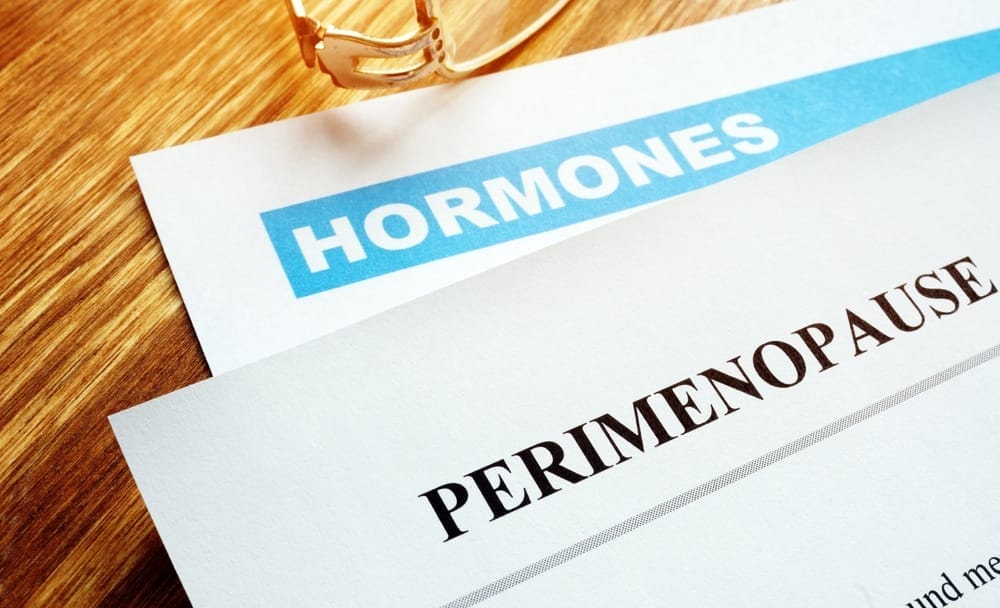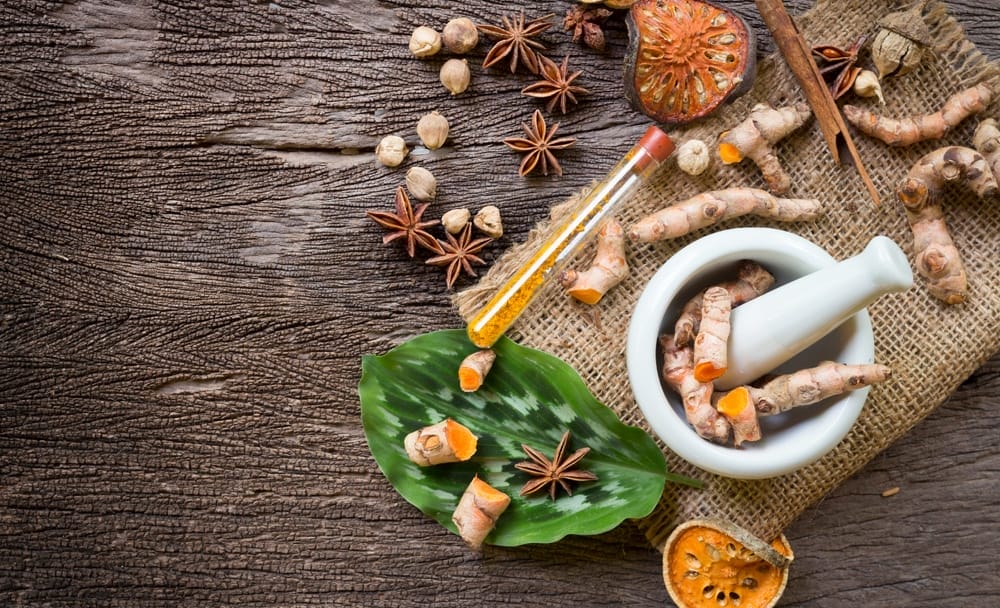Menopause marks the end of menstruation cycles for women. Perimenopause, on the other hand, means the transitional period before menopause. It is often confused with menopause as they both have similar symptoms. However, during perimenopause, you are still in your reproductive stage and continue to have periods, whether regular or irregular.
Perimenopause can occur a few months prior to menopause or as long as 4-10 years before officially hitting menopause. It is characterised by a drop in the levels of oestrogen in women, thereby causing irregular periods or other perimenopausal symptoms. However, despite the low levels of your oestrogen, you are still able to get pregnant.
In Ayurveda, perimenopause is known as Rajonivritti Kala and is usually managed with simple dietary and lifestyle changes. However, if the symptoms of perimenopause are severe, Ayurveda recommends taking immediate medical supervision and Ayurvedic medicines to treat the condition.
Symptoms Of Perimenopause
Some of the perimenopausal symptoms include irregular menstruation, backache, headache, body ache, fatigue, nausea, anorexia, excessive sweating, mood swings, gastrointestinal problems, irregular appetite, abdominal discomfort, high levels of stress, disturbed sleep or insomnia, hot flashes, breast tenderness, abnormal weight gain, heart palpitations, urinary tract infections, low sex drive or libido, vaginal dryness, urinary urgency, etc. Many women also suffer from fertility issues during perimenopause.
However, you must note that a woman may suffer from one or many of these symptoms. All of these symptoms are rarely present in one woman. The severity of these symptoms also varies from woman to woman. Your Ayurvedic treatment will depend on all these factors.
If the symptoms are not severe, only dietary and lifestyle changes will be suggested. However, in case of severe symptoms, your Ayurvedic doctor may recommend medicines and therapies to manage the condition.
Diet Tips By Ayurveda For Perimenopause
- Eat foods that contain calcium, such as green leafy vegetables, cabbage, beans, almonds, sesame seeds, garlic, basil, etc.
- Include iron-rich foods in your diet, such as cooked beans, cereals, pumpkin seeds, carrots, dates, sesame seeds, sunflower seeds, raisins, spinach, etc.
- Add a generous amount of ghee to your diet. It will help deal with memory and concentration problems during perimenopause.
- Avoid eating fried and oily foods.
- Restrict the consumption of excess salt and sugar.
- Avoid excess spicy foods and caffeine.
Ayurvedic Lifestyle Tips For Perimenopause
- Take Support From Family Members
Hormonal changes can cause many bodily and mental changes in women. Therefore, take physical and emotional support from your family members. Share your problem with them and divide your chores.
- Maintain An Active Lifestyle
Exercise or do yoga every day for 20-30 minutes to keep your body active. To keep your mind engaged, indulge in a nurturing hobby, such as reading books, listening to music, social service, weaving, knitting, designing, etc.
- Practice Pranayama Everyday
Pranayama helps maintain mental balance and equip you better to cope with mood swings and stress. Some of the best Pranayamas for perimenopause are Bhramari Pranayama (Humming Bee Breathing), Nadi Shodhana (Alternate Nostril Breathing) and Sheetali Pranayama (Cool Breath).
- Massage Your Body Everyday
Perimenopause can cause a depletion in calcium and bone strength and may result in osteoarthritis. Therefore, Ayurveda recommends massaging your body every day with warm oils. This practice is known as Abhyanga in Ayurveda and is known to manage many perimenopausal symptoms, such as headache, body ache, sleep problems, joint pain, etc.
Ayurvedic Home Remedies To Deal With Perimenopause
- Cumin-Fenugreek Balls
Take 50 grams each of cumin powder and fenugreek powder. Mix them well and fry them in 50 grams of ghee. Next, add 50 grams of jaggery (powder form) to the mixture and make it into round balls of 10 grams each. Eat 1-2 balls every day with lukewarm milk to provide essential nutrients during perimenopause.
- Nuts and Jaggery Mix
Take 5 grams each of groundnuts, cashew nuts, sesame seeds, jaggery and ginger powder. Pound them well and eat them with lukewarm water early in the morning. It will help prevent fatigue and other symptoms of perimenopause and provide the required energy to the body.
The Final Takeaway
Perimenopause can cause discomfort and distress in the body and mind. Therefore, it is important to recognise the symptoms and prevent them from worsening. By following an Ayurvedic diet, lifestyle regulations and herbal remedies, you can easily manage perimenopause.





















